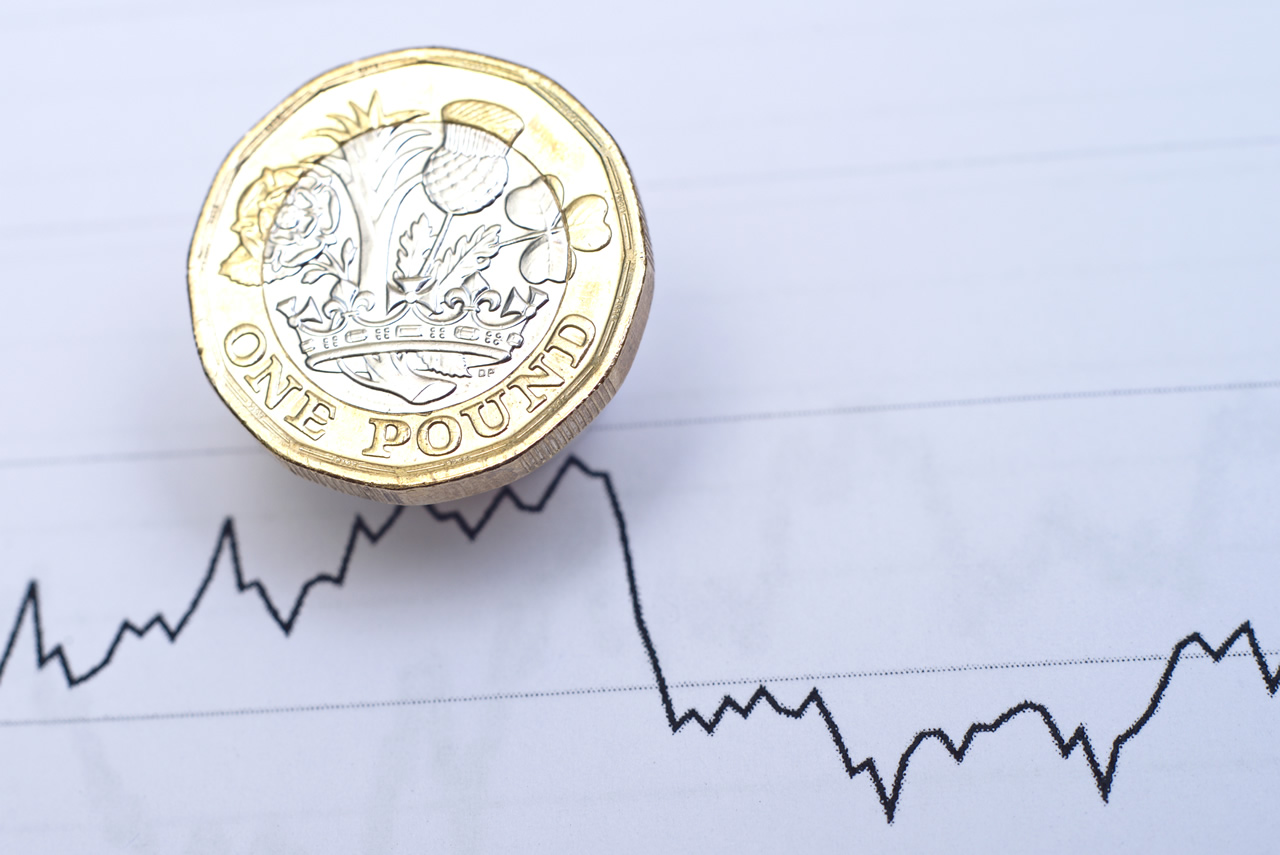
16/04/2019 – This Morning’s Exchange Rates
- Posted by currencies in Rate Alerts
- April 16, 2019
- No Comments
Please find the exchange rates listed at the bottom of the article, the rates are for indication purposes only, for a live quote please contact us.
British workers’ pay grew at its joint fastest pace in over a decade, fuelled by further job creation, adding to suggestions that Brexit uncertainty is prompting firms to hire workers rather than make longer-term investment in equipment.
Total earnings, including bonuses, rose by an annual 3.5 percent in the three months to February, the Office for National Statistics said, matching the median forecast in a poll of economists.
That was the joint highest rate since mid-2008 although in February alone the pace of wage growth slowed.
Average weekly earnings, excluding bonuses, rose by 3.4 percent on the year. It was the first fall in that measure of pay growth since the middle of last year.
However, the surge in jobs could reflect nervousness among businesses who have cut investment, making them more likely to hire workers who can be sacked in the event of a downturn in the economy.
The strength of the labour market is pushing up the official measurement of wages more quickly than the Bank of England has forecast, leading some economists to think it might raise interest rates once the uncertainty about Brexit lifts.
The BoE forecast in February that wage growth would slow to 3.0 percent by the end of 2019 as the economy feels the drag of Brexit uncertainty and a global slowdown.
It also forecast that Britain’s economy will grow at its slowest rate in a decade this year, even if it avoids the shock of a no-deal Brexit.
The pace of wage rises remains slower than the 4 percent increases seen before the financial crisis.
GBP/EUR 1.1567
GBP/USD 1.3077
GBP/AED 4.7908
GBP/AUD 1.8296
GBP/CHF 1.3138
GBP/CAD 1.7501
GBP/NZD 1.9362
EUR/USD 1.1280
GBP/ZAR 18.236





Leave a Reply